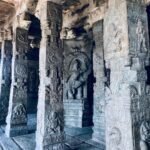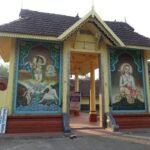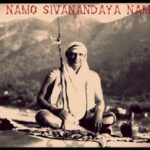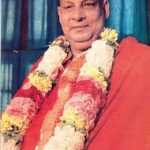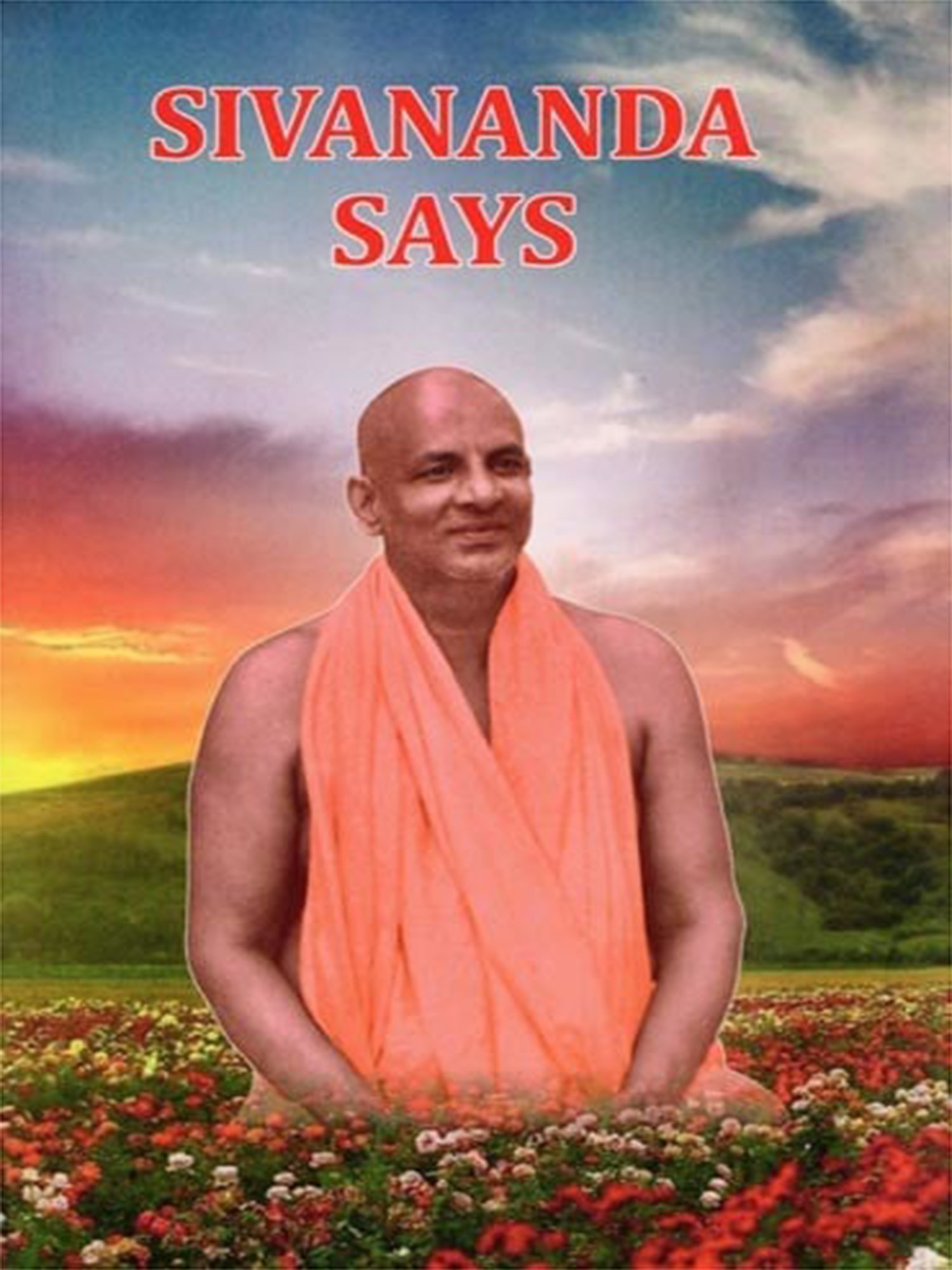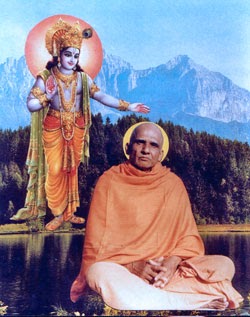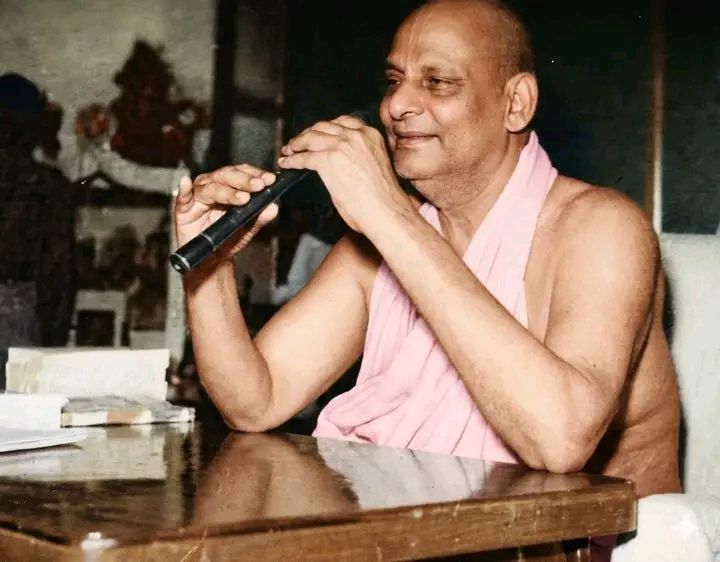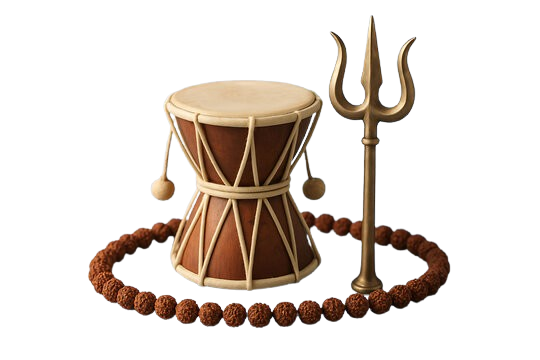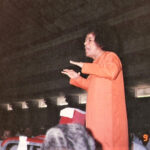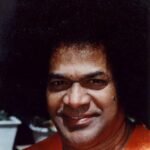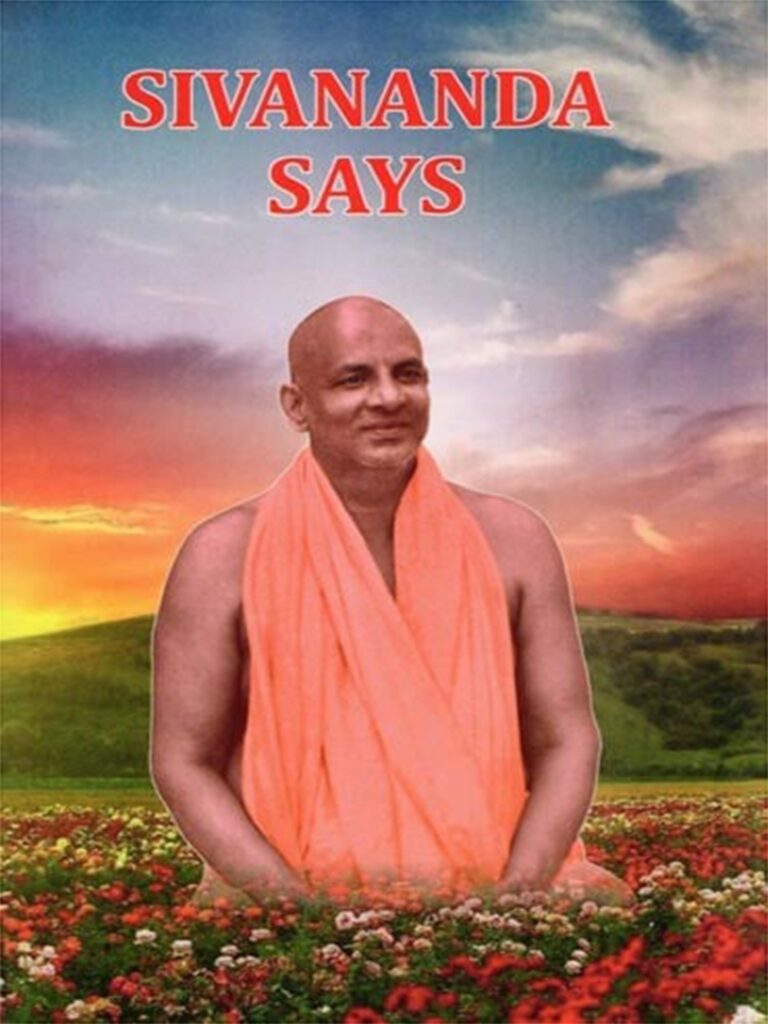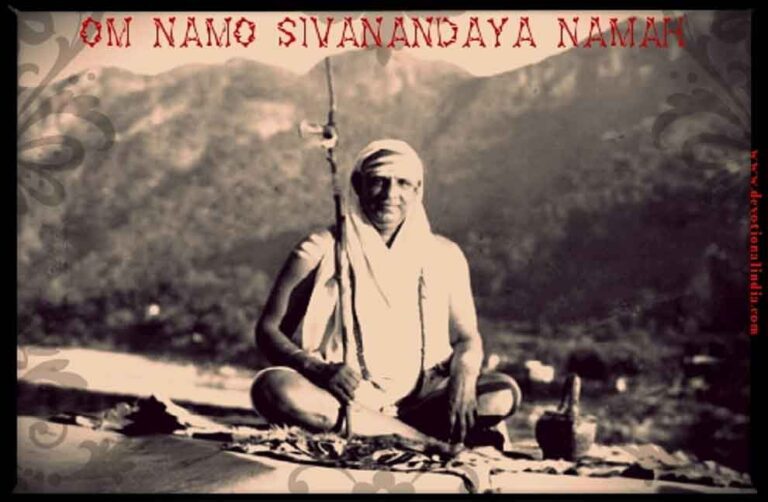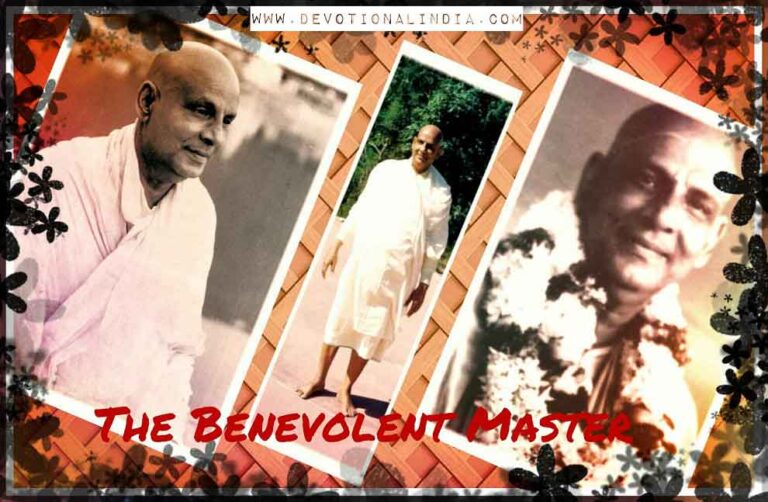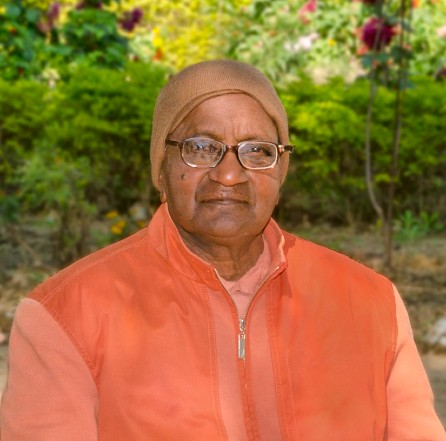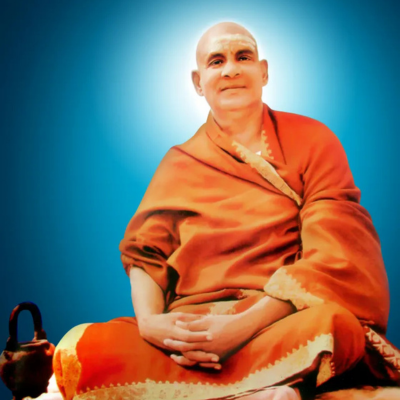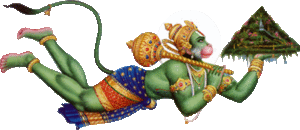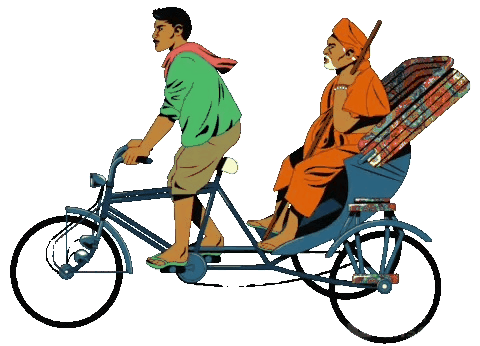Rishi Vashistha
Rishi Vashistha

THE STORY OF TRISHANKU AND SATYA HARISHCHANDRA.
One of the kings who was blessed for receiving the service of Sage Vasishta was a King named. He had a son nemed Satyavratha who was a spoilt brat. As a prince he thought that he was above everything and everyone. He had weakness for young women whom he used to kidnap. The king htearing of his sons atrocities was very upset and punished him in the presence of Sage Vasishta. Satyavratha expected Sage Vashta to defend him. But seeing the silence he understood that the sage was in on it, which angered him a lot. To take revenge he went to Sage Vashishta’s hermitage took and cow killed it and ate its flesh in raw. In this way kidnapping girls of marriageable age, killing a cow and eating its fleshthese three sins entitled him to be called Trishanku – meaning on who committed three terrible sins.
Once Trishanku approached the sage he wanted to go to the heavens in his mortal form and when Vasishta refused he approached Vishwamitra. This story has already been told in my earlier article “Vishwamitra”
I think I can never ever get tired of hearing this story of Satya Harischandra. In spite of his misunderstanding with trishanku Vashishta continued his support to Trishanku’s son Harishchandra. As usual Viswamitra was challenging Vashita, this ime it as over the Raja whowas an epitome of truth. Vaishta had full confidence on the Raja and e was proved right. Viwamtra tried verything in his power to dishearten him but the Raja was firm in his conviction.He put king Harishchandra, his wife and son to untold suffering, but the king remained calm all through his traumatic experiences. Harischandra was made a debtor to sage Viswamitra; his queen Chandramati and son Lohitashwa had to go to Kashi along with him with nothing but his clothes on him.
He was reduced to the position of a servant of the man who watched over the cemetery at Kashi and did the job for him without any hesitation. Vishwamitra manipulated things in such a way that Harischandra was expected to even behead his wife. Even then Harischandra did not give up on truth.
Since Vashishta was immortal he lived through a lot of episodes in his life. He was the royal priest to Dasaratha, father of Rama. Dasaratha did not have children for a long time and as per the advice of Sage Vasishta the king decided to conduct Aswamedha Yaga under the supervision of Sage Rishishringa at the banks of River Sarayu. Along with the Aswamedha, Rajasuya yoga was also performed. Along with the Aswamedha, Rajasuya yoga was also performed. As a result 4 sons were born to the three queens of king Dashratha. Vasishta namedthem Rama, Lakshamana, Bharatha and Shathrugha.
Vishwamitra once came to the palace requesting Dasaratha to send Rama with him to the forest to protect his Yaga from the Asuras who were disturbing him and not letting him finish the yaga. Dasaratha did not want to send Rama as he was still very young, but on Vasishta’s advice complied to sage Vishwamitra’s request.
Later on after Rama returned after killing Ravana Vaishta conducted his coronation ceremony. Sage Vasishta took great care and interest in the welfare of the royal family of ayodhya and the smoothrunning of the administration of the kingdom of Ayodhaya.
The Vasus are the attendant deities of Indra. Once they voisited the ashrama when Vashista was away. One of the Vasu’s Prabhasa/Dyaus/Dhava’s wife took a liking to Nandini the divine cow and wanted to possess it. She had heard that milk of that cow was equal to nectar and the one who drank would become immortal, and thus her desire to possess Nandini became an obsessioin. She wanted to give the milk of this cow to her friend Jeethavathi and so forced her husband to grab it for her. Dyaus was forced to comply to the wishes of his wife. Nandini was thus taken away by force and the rest of the 7 vasus looked on.
On his return Vasishta realised that Nandini was gone and he saw what had happened and it made him and very and he cursed the 8 Vasus to be born as mortals. The Vasus went to the age to seek his forgiveness and seek freedom from the curse incurred. Vasishta explained that once the curse is been uttered it would take its course, but he promised that the 7 Vasus who were onlookers to the deed would be freed of the curse after few moments on earth but Dyaus would live a full life, but as a noble soul. The rest of the 7 Vasus were born to Ganga and was thrown in to the water, only Dyuas survived. He would remain a bachelor and become a man of great wisdom and righteousness. Later Dyaus was born as Bhishma, the son of emperor Shanthanu.

Sage Vasishta was the royal priest not only to the kings of solar clan, but also to the kings of lunar clan.
King Samvarana accepted Vasishta as his royal priest. He acted according to the advice given by the sage and regained his lost kingdom. Once king Samvarana went hunting. He chanced to meet a beautiful maiden and fell in love with her. She was Tapti the daughter of the sun-god. Samvarna loved Tapti so much that he went on a fast and prayed to Surva Deva.
Knowing his desire Sage Vasishta visited the Surya to seek his aughters hand in marriage for Kibg Samvarana. Surya deva was only too pleased. Later Samvarana and Tapathi were blessed with a son who later became famous as Kuru. He was the founder of the Kuru lineage.
Source: Vipasana

